Iḷisaġvik College strengthens workforce and culture in North Slope Borough
Iḷisaġvik College in Utqiagvik continues to anchor higher education and workforce training for the North Slope Borough, offering associate and certificate programs that combine Indigenous centered curricula with career and technical training. Its programs in allied health, dental therapy, Iñupiaq studies, construction technology and business matter to residents because they supply locally relevant skills for community health, employment and cultural preservation in a remote Arctic setting.
Listen to Article
Click play to generate audio

Iḷisaġvik College, the tribal college based in Utqiagvik formerly known as Barrow, functions as a central institution for education, workforce development and cultural continuity across the North Slope Borough. The college provides associate degrees and certificate programs designed around Indigenous centered curricula and practical workforce training. That educational focus positions the institution as both an academic resource and a pipeline for jobs that are essential to community functioning.
Among the college offerings are programs in allied health, dental therapy, Iñupiaq studies, construction technology and business, along with other career and technical education tracks that directly align with local employment needs and community health services. For residents who live in remote Arctic conditions, those courses are intended to produce job ready skills that reflect the realities of living and working on the North Slope. The college also emphasizes cultural programming and language preservation as core elements of its mission, linking workforce development to the maintenance of community identity and heritage.
The practical effects are visible across municipal services and daily life. Training in allied health and dental therapy can reduce dependence on nonlocal providers and improve access to care in a region where travel to larger medical centers is costly and time consuming. Construction technology and business programs contribute to local capacity for infrastructure maintenance and economic activity. Iñupiaq studies and cultural programming support language retention and community cohesion, which are important for civic participation and long term social resilience.
Institutional and policy implications follow from the college capacity to shape local labor markets and civic life. As a tribal college serving a geographically isolated population, Iḷisaġvik occupies a policy space that spans municipal, state and federal interests in workforce development, health access and cultural preservation. Sustaining and expanding program offerings will likely depend on coordinated support that recognizes the higher cost of delivering education and services in remote Arctic settings, and that values the college role in training residents for locally essential jobs.
For voters and civic leaders in the North Slope Borough, the college represents an investment in homegrown capacity. Its graduates can influence local employment statistics, affect procurement and contracting choices, and reduce pressure on borough budgets tied to external service providers. Encouraging civic engagement around educational priorities, workforce planning and cultural programs could help ensure that the college continues to meet community needs while informing broader decisions about resource allocation and public policy.
Iḷisaġvik College remains a focal point for those seeking career pathways that keep families and expertise in the region, and for community leaders planning for a future that balances economic opportunity with cultural continuity in the unique context of the North Slope.

